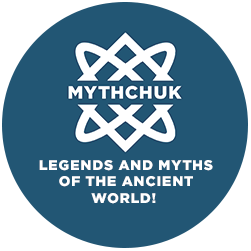Greek Pantheon of Gods
- Main
- >
- Greek Mythology
- >
- Greek Pantheon of Gods
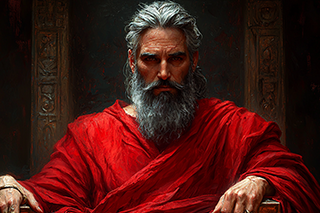
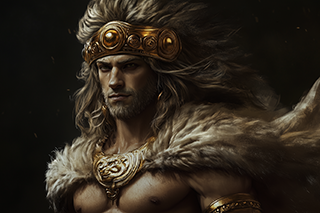
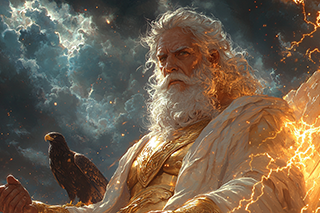
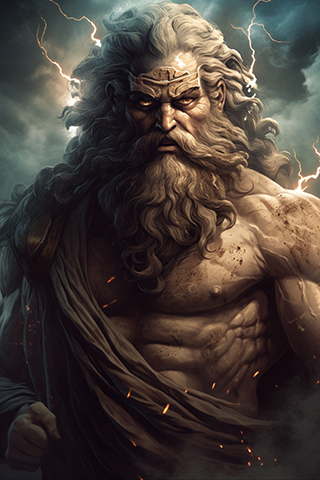 Greek Pantheon of Gods
Greek Pantheon of GodsAccording to ancient Greek beliefs, the gods resided atop the highest mountain in their land—Mount Olympus. From there, they ruled over both the forces of nature and the lives of humans. For this reason, the Greek pantheon is often referred to as the Olympians. On Olympus, their divine abode, the weather was always perfect, and endless feasts, dances, and songs of the Muses filled the air. However, this idyllic life often became boring, prompting the gods to descend among mortals—sometimes in disguise, sometimes even starting secret families with humans.
The supreme god among them was Zeus. He was hailed as the ruler of all, the lord of sky and earth, and king of both gods and men. Alongside him stood other powerful gods, each patronizing their own domain. Poseidon was the god of the seas and oceans. Sailors revered and worshipped him, considering him a vital protector of navigation—a crucial role in a society where seafaring was highly developed, and Greek influence extended across local and neighboring waters.
The Greeks also venerated numerous goddesses. Among them was Demeter—the goddess of agriculture and fertility, and also a guardian of marriage. And, of course, there was Hera—goddess of marital love and happiness. Interestingly, both Demeter and Hera were sisters *and* wives of Zeus—Demeter first, and then Hera.
This brings us to one of the most fascinating aspects that sets the Greek pantheon apart: the deeply interwoven family ties between the gods. Sometimes these relationships are so complex that it’s easy to get lost in the divine family tree. But don’t worry—stick with us, and we’ll sort it all out together.
